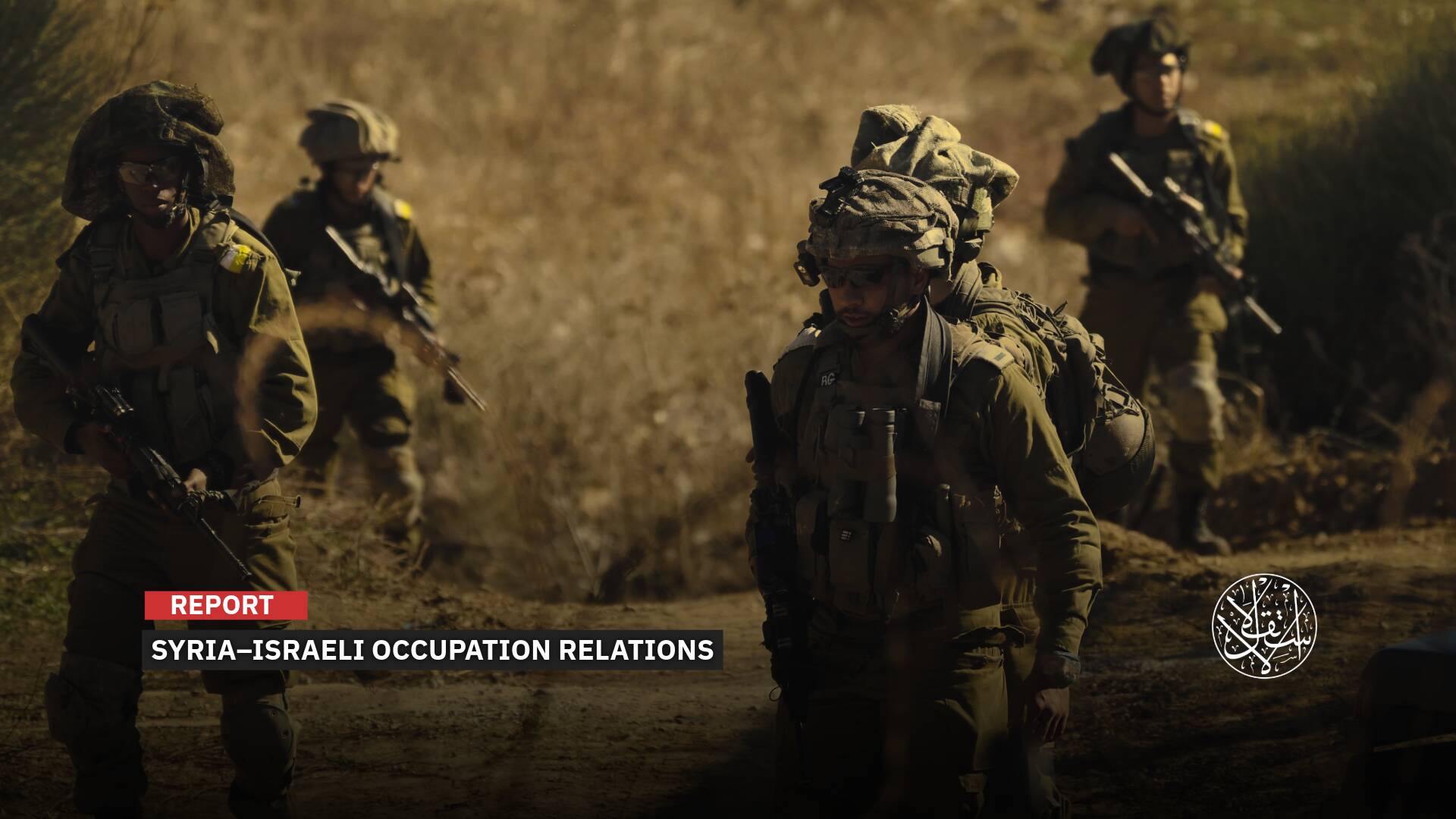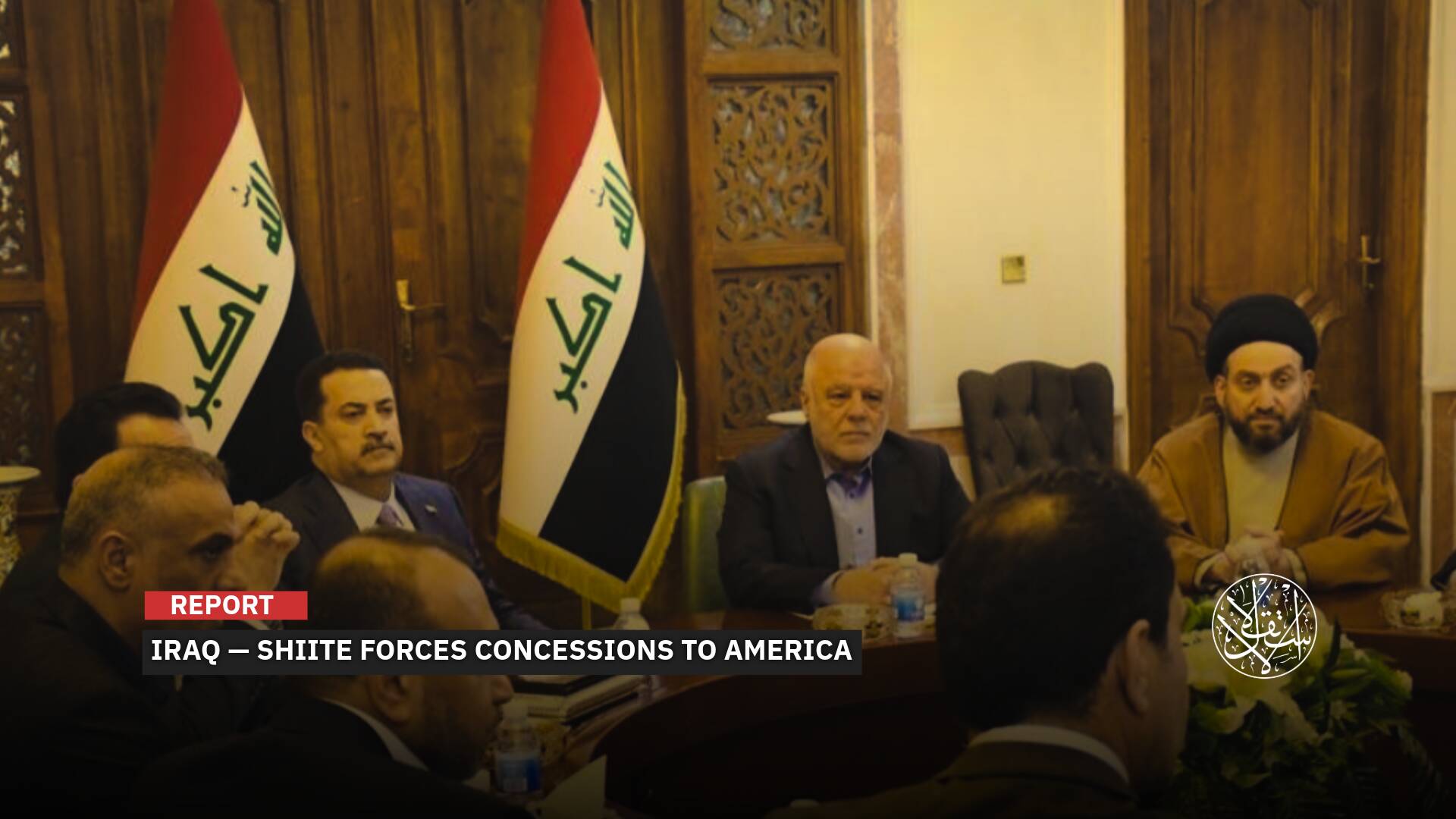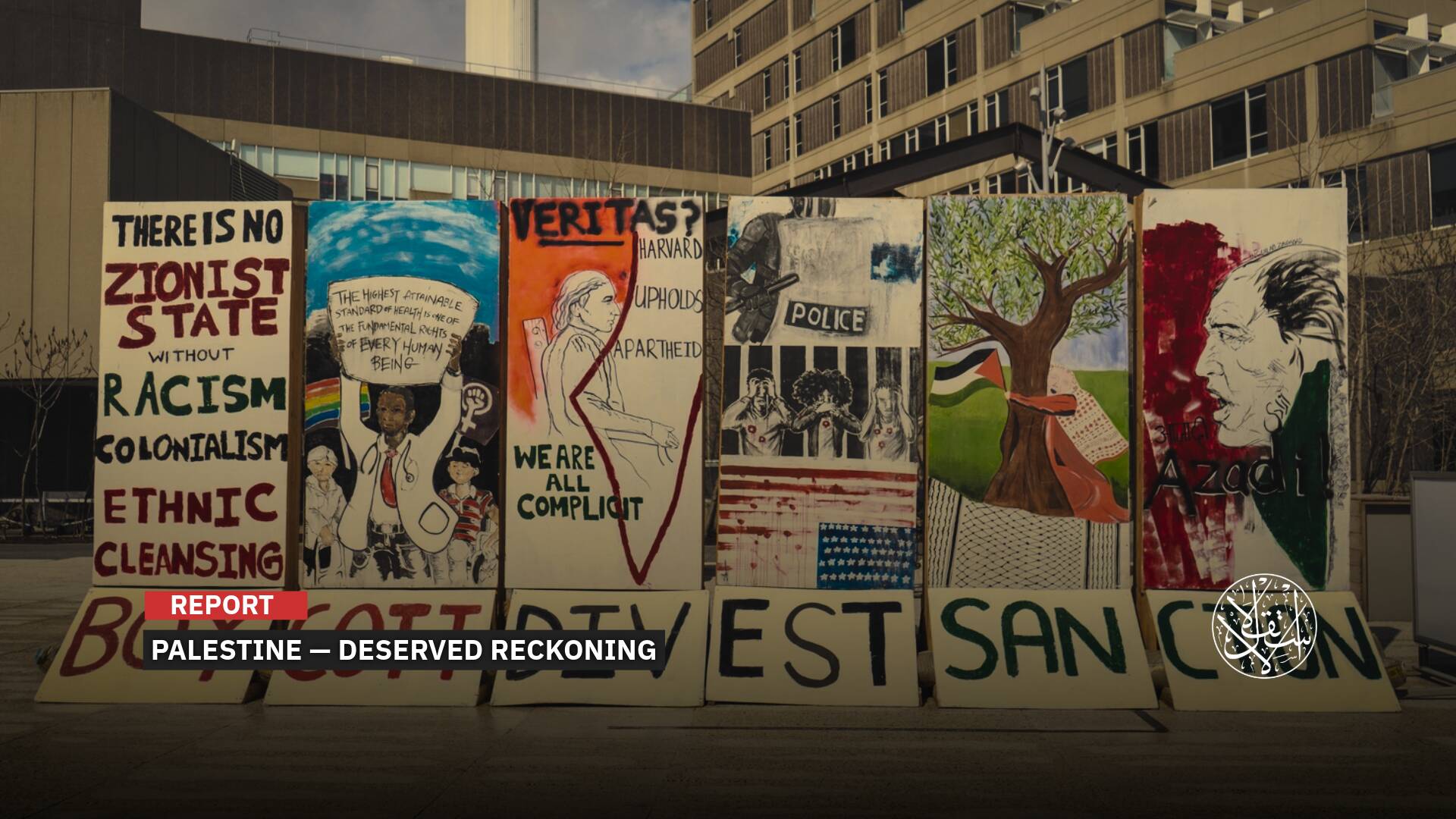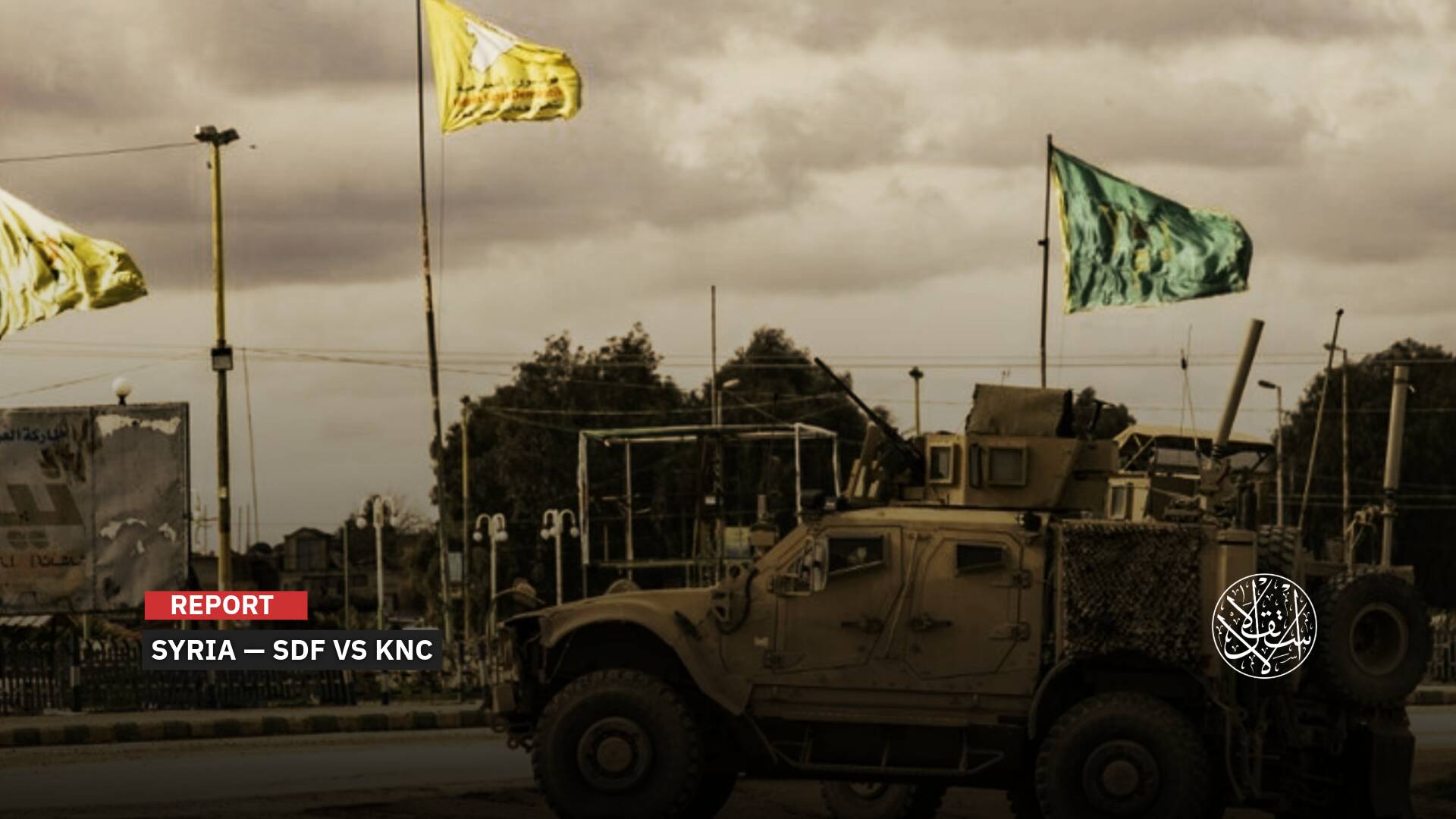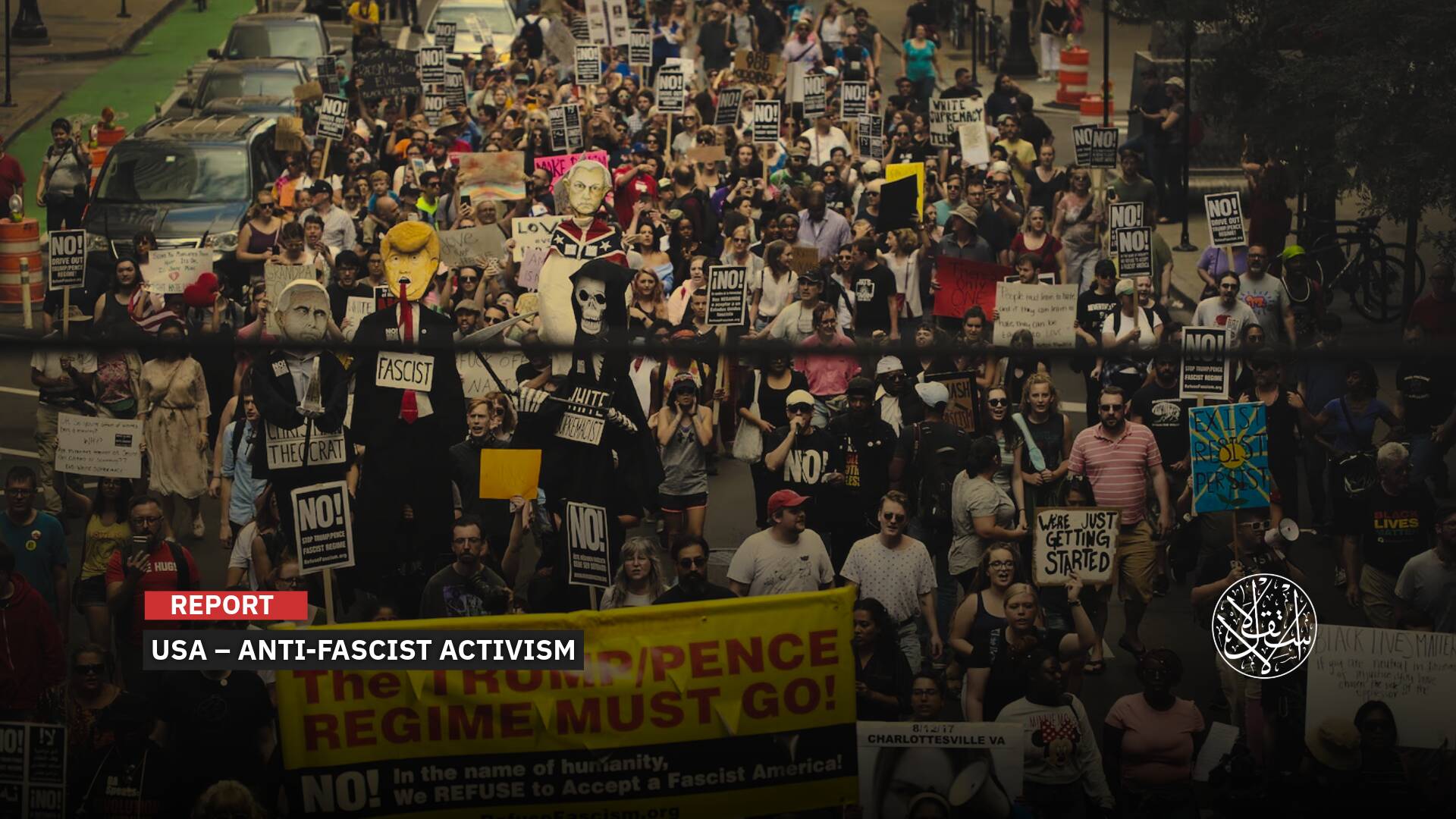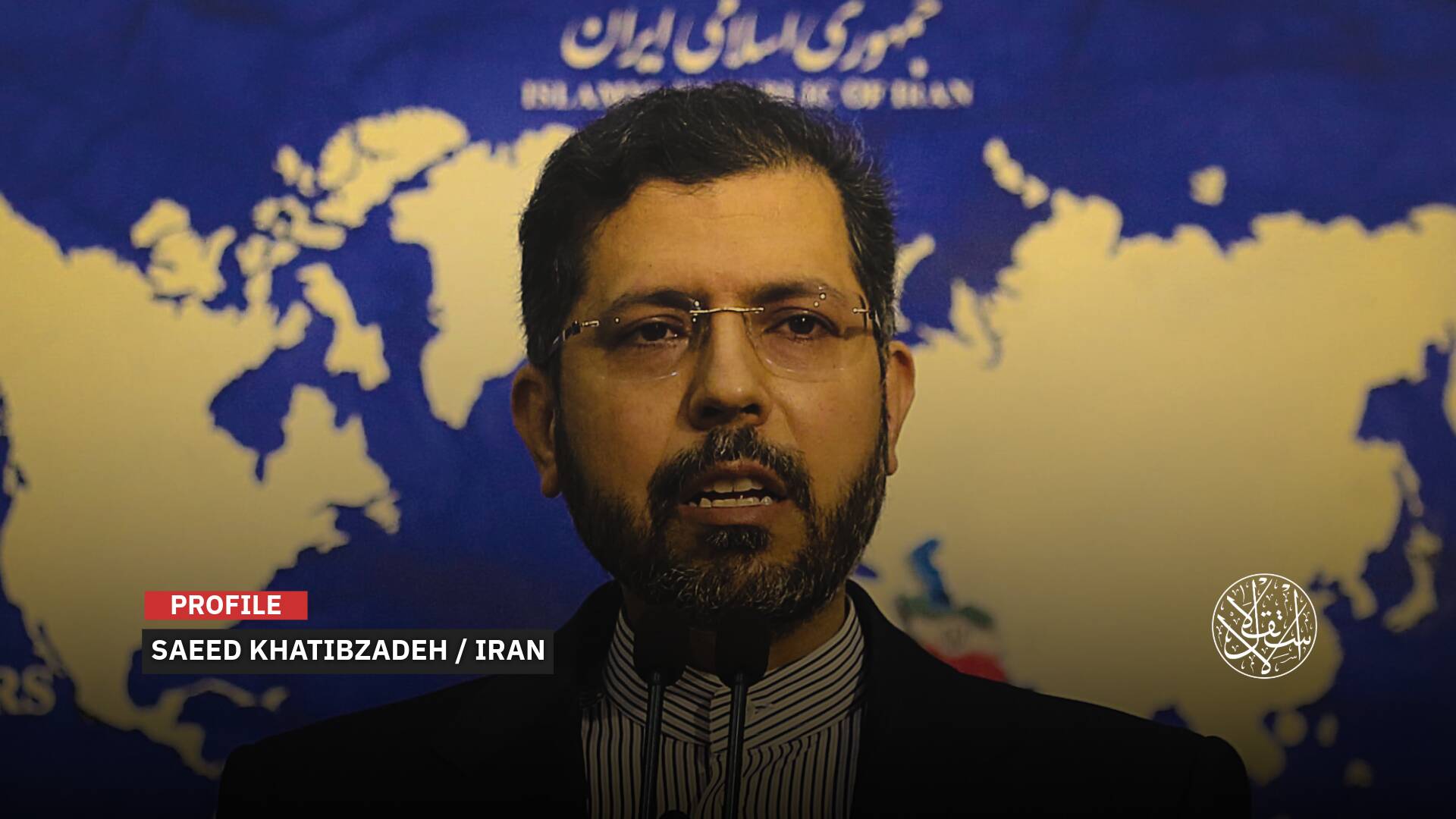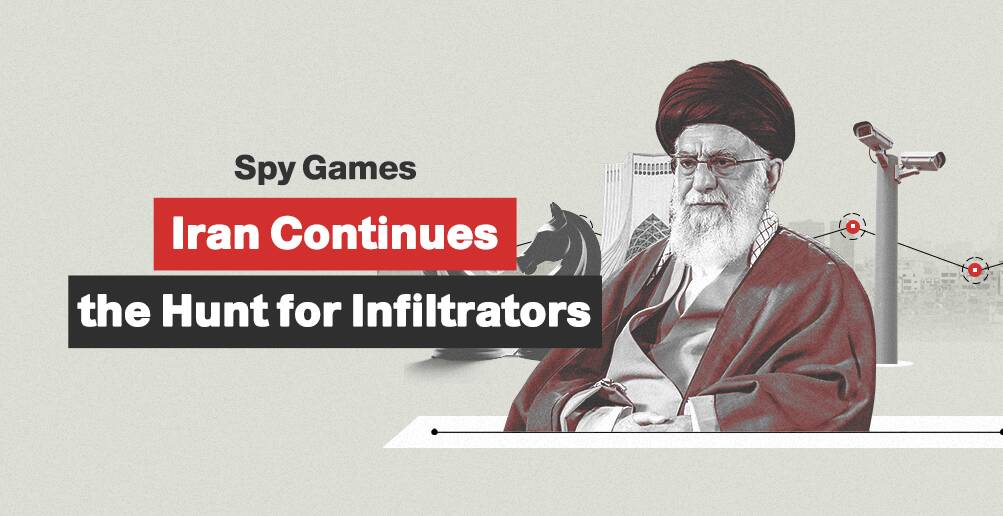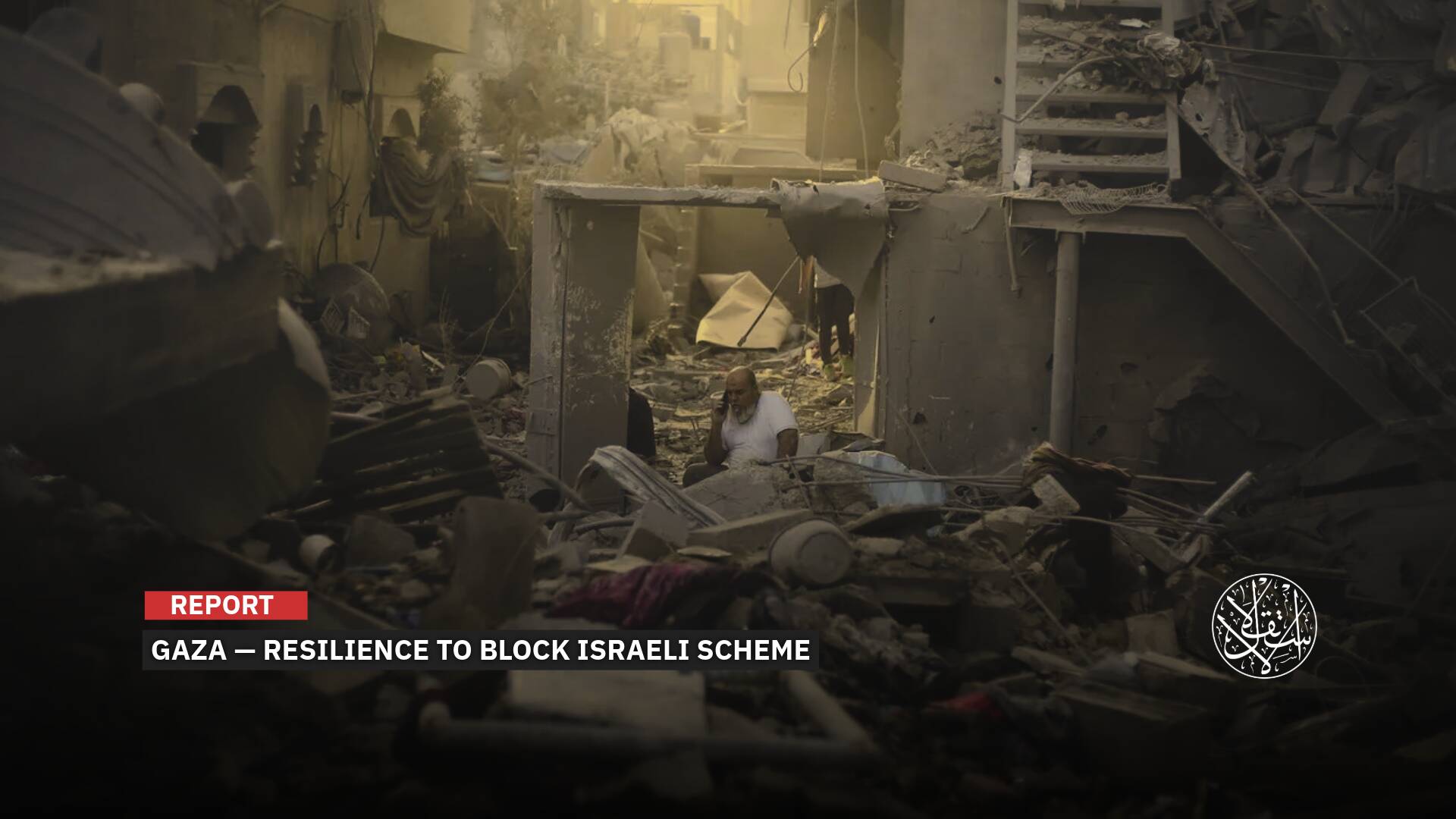Why Is Iraq Determined to Build a Global Gold City in Baghdad Despite Its Clear Lack of Necessary Qualifications?
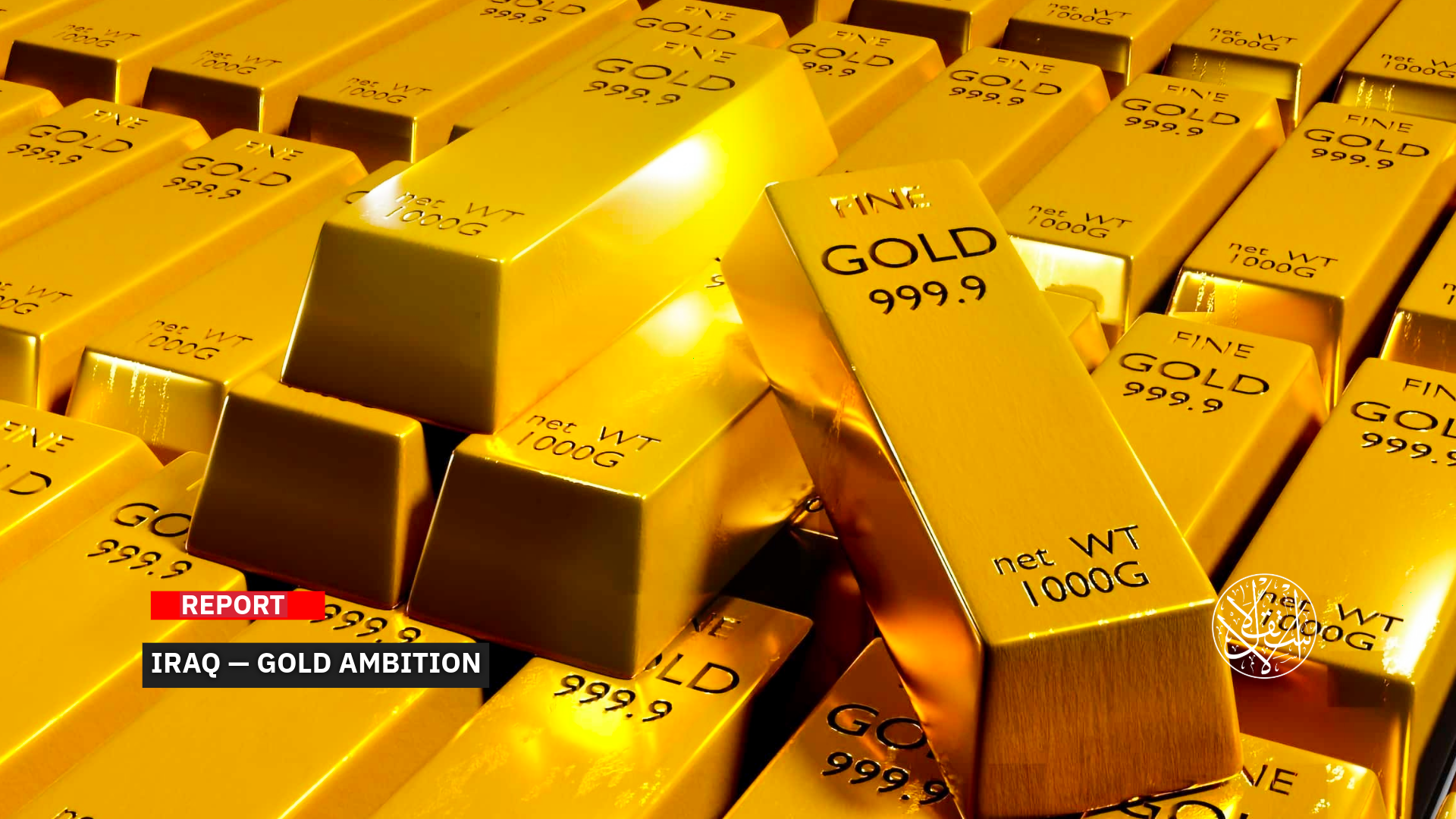
Iraq confirms gold localization project as a strategic step to become a regional hub.
In what officials are calling a “strategic” move to transform Baghdad into a regional hub, the Iraqi government has announced plans to establish a “Global Gold City”, a sprawling complex dedicated to domestic gold production and jewelry manufacturing, aimed at reducing reliance on imports and rivaling regional heavyweights.
The decision has sparked a wave of questions over Iraq’s readiness to compete with established players like the UAE and Turkiye.
Can a country still grappling with political and security instability genuinely position itself as a contender in the regional gold market, or will the project remain another lofty ambition consigned to paper?
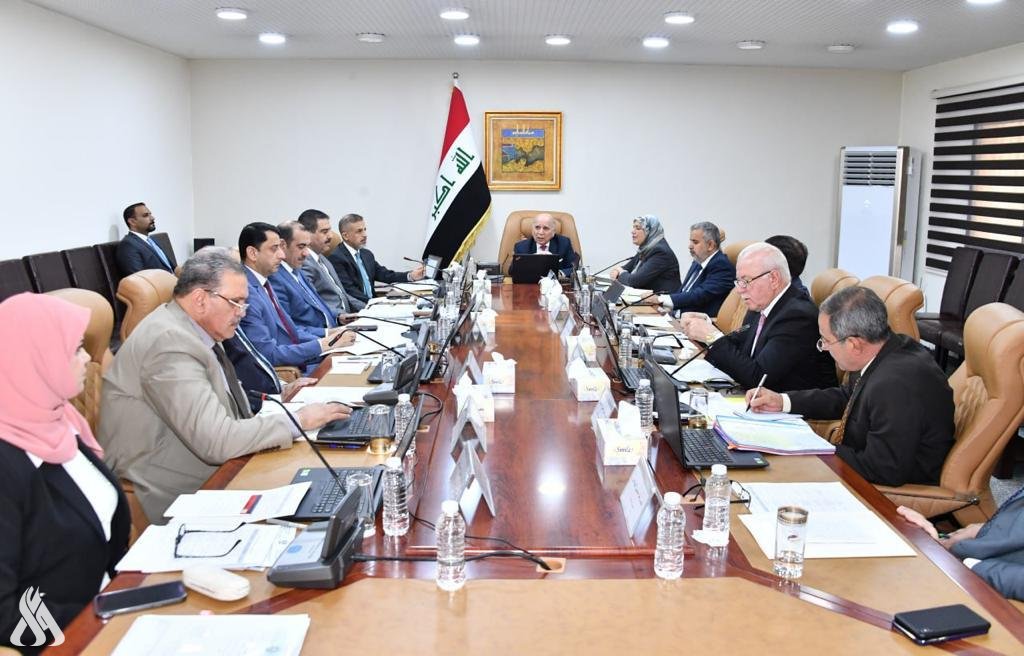
Regional Hub
The initiative to establish a Gold City was first proposed by Iraq’s Ministry of Trade and has since received approval from the Ministerial Council for Economy.
The plan is part of the government’s broader agenda to localize gold and jewelry manufacturing, stimulate industrial development, and create new jobs, according to an official statement issued on July 23, 2025.
Described by the ministry as a “transformative leap” in advancing Iraq’s national industries, the project will feature a fully integrated ecosystem: specialized industrial units, cutting-edge training centers for gold craftsmanship adhering to international standards, and a state-of-the-art gold and jewelry market and exchange.
In the same statement, Riyadh Fakher al-Hashimi, Director General of the Department of Foreign Economic Relations, emphasized that the project is also designed to bolster the private sector and expand its role in driving Iraq’s national economy.
Iraqi officials say the new Gold City will be built within the larger Integrated Economic Zone in Baghdad, a move they claim will help position the capital as a regional hub for gold manufacturing and trade.
Mudhhir Mohammed Saleh, the financial adviser to the Iraqi Prime Minister, described the Gold City project as a "qualitative leap" in the country’s long-term economic vision.
Speaking to the state-run Iraqi News Agency (INA) on July 26, Saleh said, “The Global Gold City in Baghdad is a developmental platform aimed at maximizing value and stimulating the economy. It marks a pivotal shift in Iraq’s economic outlook.”
“The project is not limited to aesthetic or commercial dimensions, but rather serves as a strategic developmental driver aligned with a national vision aimed at diversifying revenue streams and strengthening Iraq’s position within regional value chains, particularly in high-margin artisanal industries.”
“The Ministerial Council for the Economy recently approved the project as part of an initiative to transform the capital, Baghdad, into a regional hub for the gold and jewelry industry, capitalizing on Iraq’s pivotal geographic location and its rich heritage in craftsmanship and precious metals,” Saleh added.
Saleh added that the project “will help regulate the market, introduce governance in trade exchange, and safeguard national wealth from smuggling and devaluation. It will also enable Iraq to shift from being merely a consumer market for gold to becoming a value-added center of production and export.”
“The project represents a strategic step towards reducing Iraq’s dependence on oil and diversifying its national production base, by investing in the untapped potential of small and medium-sized industries with artisanal and cultural character, deeply rooted in the country’s civilization.”
“The Global Gold City project falls within the broader vision of the Iraqi government and its economic agenda to revitalize the private sector, stimulate local manufacturing, and integrate the national economy with its regional and international surroundings, ultimately contributing to greater financial stability,” Saleh concluded.
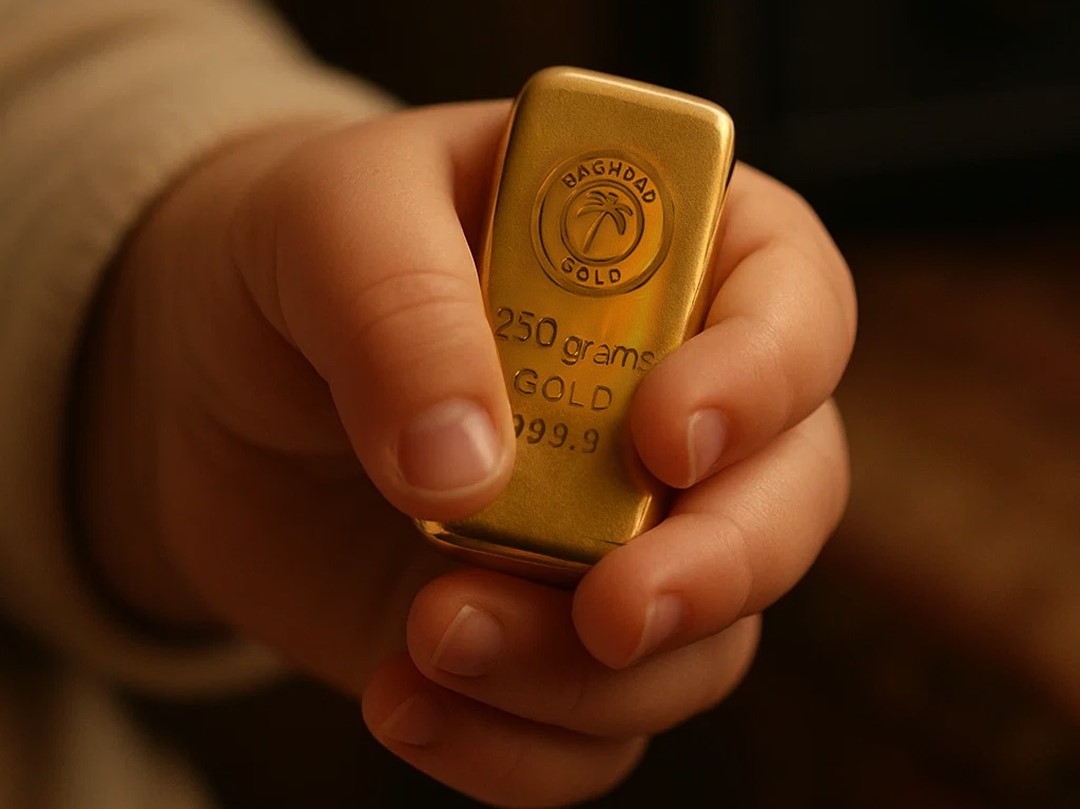
Symbolic Gesture
As for Iraq’s ability to realize its vision of a gold city, Iraqi economic analyst Ghanim al-Jumaily expressed scepticism, arguing that “the Iraqi government is unlikely to implement a project of this scale, one that demands credibility, international reputation, capital, and global trade relations, not to mention political and security stability, none of which are currently in place.”
“A simple comparison between the environment offered by countries like the UAE or Turkiye for developing such an industry, and the situation in Iraq, where political disputes frequently escalate into armed conflict, clearly shows how unfavorable the conditions are. Such instability actively deters investment,” al-Jumaily spoke to Al-Estiklal.
According to the researcher, “projects like this are far from ordinary industrial ventures, as we are talking about the production of globally valued precious metals and jewelry. This requires logistical infrastructure, security, and trust in international standards, all of which must be ensured.”
“Iraq is facing multiple crises, most notably a severe shortage of electricity, which is one of the country’s major weaknesses. Add to that nepotism, corruption, uncontrolled weapons, and the urgent need to develop a mining sector. Without it, Iraq will remain dependent on purchasing gold bullion instead of building a national resource.”
In a similar vein, Iraqi economist Siham Youssef noted that while “the project carries potential to grow a niche industry that could create jobs and boost economic returns, the question remains whether this is a priority in a country where key industrial sectors are nearly paralyzed.”
She explained that “the national supply chain is disrupted, and Iraq remains heavily reliant on imports, whether for food, pharmaceuticals, or industrial goods. The country imports more than 60 percent of its food needs and 20 to 25 percent of its medicines, reflecting a weakness in its domestic industrial infrastructure.”
The expert continued in a post shared on July 24 by the Iraqi Economists Network Facebook page, saying, “Iraqi citizens also face escalating crises in basic services: continuous electricity outages, water shortages caused by drought, deterioration of agricultural infrastructure, along with weakening and decay of roads and transport networks.”
“Is gold really what we need right now? Or is there a fault in our economic compass that makes us chase glitter while ignoring the surrounding ruin?” Youssef asked.
The economic expert argued that the creation of a gold city “may have a symbolic character, as if it is a project to beautify the image rather than address the core problem. It seems to say, ‘Look at what we have achieved,’ while people are saying, ‘We want water, electricity, and jobs, not gold.’”
She added, “Yes, the project might create limited employment opportunities in a specialized sector, but how many workers in heavy industry could have been employed with the same level of investment? How many closed factories could have been revived?”
Concluding her remarks, the expert emphasized, “We do not underestimate any project that creates jobs or supports the economy, but a project of this scale at this particular moment appears closer to political luxury than a genuine economic priority.”
Manufacturing Margin
In contrast, Iraqi economic expert Nabil al-Tamimi said that “the Ministry of Trade is attempting to re-establish the gold industry in Iraq, which was once renowned in local markets during the era of artisanal craftsmanship.”
Al-Tamimi added in a television interview on July 24 that “as this industry developed, Iraqi artisans were gradually sidelined, creating a gap, especially during the period of economic sanctions in the 1990s, when the country suffered from commercial isolation from much of the world.”
Regarding Iraq’s current capacity and infrastructure for goldsmithing and trade according to global standards, al-Tamimi noted that “at the level of traditional craftsmanship, there remains demand among some gold traders due to Iraq’s rich heritage, but when it comes to technology-driven production, this is still a relatively new development.”
“However, Iraqi traders and manufacturers can import the necessary equipment, technology, and skilled labor, enabling them to keep pace with the global gold industry. This is not an insurmountable challenge,” he added.
On administrative and logistical hurdles, al-Tamimi explained that “the Iraqi government is generally working to reduce obstacles for investors. As a result, we are seeing growth in the volume of promised foreign investments contracted with government entities over the next four years, estimated at around $88 billion, which is a positive sign.”
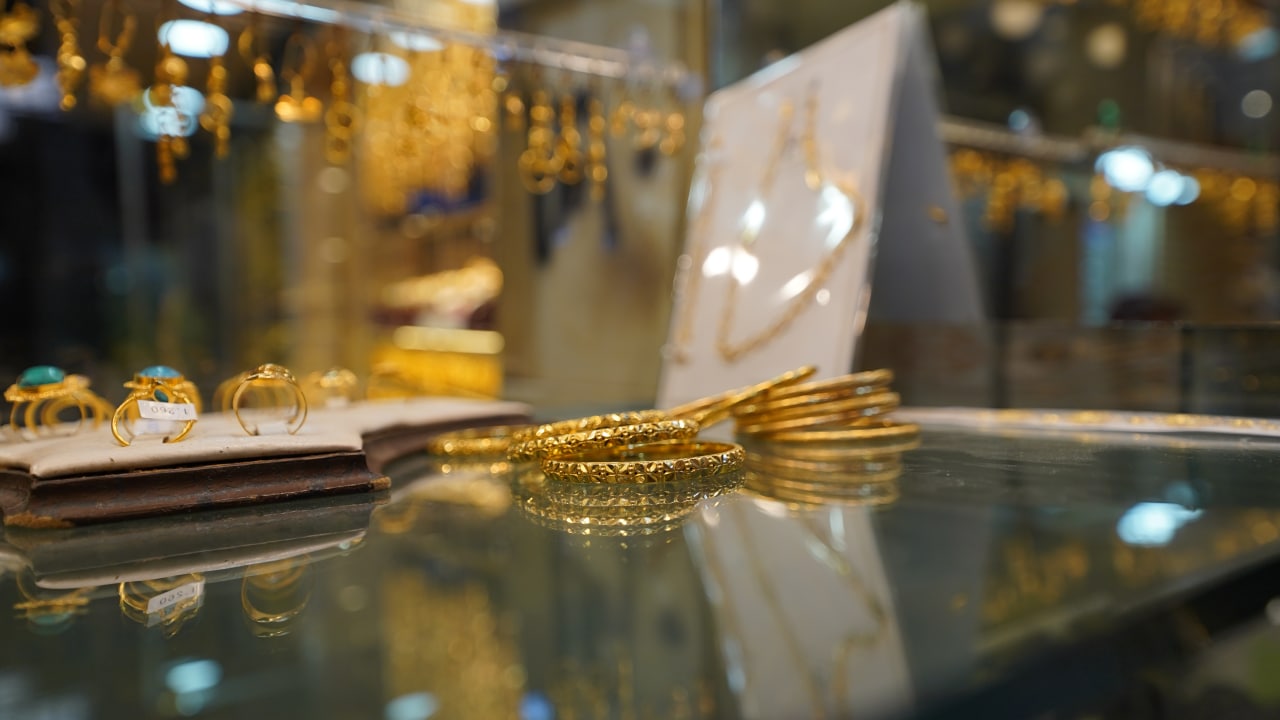
Al-Tamimi pointed out that “Iraq’s primary target in localizing the gold industry is to capture the profit margin from gold manufacturing, known locally as the ‘crafting fees,’ which is estimated at around $500 million. The second goal is for the country to become a regional market hub, since today those markets are centered in the UAE and Turkiye.”
“Baghdad is trying to establish itself as another meeting point in the region for gold traders and artisans. This move could help leverage gold-related resources and improve the Iraqi economy. On a global scale, however, it is a more distant step tied to complex political, economic, security, and banking issues,” he added.
On January 11, 2025, Iraq’s Ministry of Planning revealed that the country imports between 50 and 75 kilograms of gold daily through official channels, amounting to an annual value of $2.5 billion. These imports come primarily from the United Arab Emirates, Turkiye, and India.
According to data from the International Monetary Fund, Iraq’s gold holdings rose to 145.661 tons by the end of 2024, ranking it 28th globally and fourth among Arab nations, behind Saudi Arabia, Lebanon, and Algeria, according to the World Gold Council’s classification.
The council also confirmed that the Central Bank of Iraq was the top gold purchaser in the Arab world and seventh worldwide in 2024.
On March 11, 2025, Central Bank Governor Ali Muhsen al-Allaq announced that Iraq holds one of the highest gold reserves among Arab countries, totaling 162 tons.
Sources
- How Much Gold Does Iraq Import Daily? [Arabic]
- Global Gold City in Iraq: What About Its Economic Significance? [Arabic]
- Iraq Will Manufacture Gold, but Dr. Seham Youssef Questions the Details [Arabic]
- Government Adviser: Global Gold City Aims to Transform Baghdad into a Regional Hub [Arabic]
- The Ministerial Economic Council Approves the Establishment of the Global Gold City in Baghdad [Arabic]


